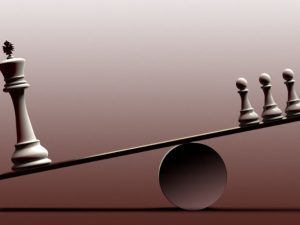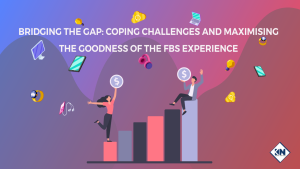She was raised in Dhaka, Bangladesh. As a young child, Olivia was fortunate to travel the world with her family. She was very curious by nature and always thought, “what’s fascinating about selfies?” Her way of thinking inspired me to search for the answer to the question. “Selfie” means taking photographs of yourself which is an inherently egotistical and somewhat narcissistic act. I have already observed that nowadays members of the public more often ask actors as well as stand-up comedians for a selfie instead of an autograph, they find it more interesting to show off to others just who that self has met.
Then I thought, “why do people take selfies?” The answer is known to all of us. First of all, they are fun. Second of all, they are an easy opportunity to create a controlled and desired representation of ourselves that we can post to others through various personal as well as social platforms.
Today’s reality is, most of us tend to ignore information that we get from those we dislike, but to do so is somewhat narrow-minded. We should listen to those politicians whose views we dislike, otherwise, we only strengthen our existing views. We will fail to recognize where self-education, as well as wider debate, can help us in understanding the surroundings of ours.
Moreover, for a while now, Twitter, Facebook, Instagram and some other types of platforms have been refining their algorithms for the spread of posted and shared content. I find this to be potentially useful since it makes sure that specific consumers receive the information planned for them – information that is increasingly finely targeted.
“Normal is over” — we hear it everywhere we turn. The proposition makes us feel scared and determined, exhausted and excited, worried and hopeful, sick and healed. Or all of these at once. We resist the proposition, but deep down we know it to be true. Our world is different amid the pandemic and there will be a new one on its other side.
We have a lot to grieve for. And we should. But as we do, and as we gradually distance ourselves from our daily distress and cast a wider glance at the world, we should remember that the “normal” we left behind was not all roses. “Normal” was dependent on the collapse of ecosystems. “Normal” was not only patriarchal, racist, hierarchical but also built on extreme inequity. The “normal” we lost was unsustainable as well as violent.
Of course, we would have liked to have disrupted that “normal” in a planned and orderly way, through reform as opposed to a pandemic, through progressive vision as opposed to global panic and death. But we did not disrupt the “normal.” The virus did. The roller coaster ride began when COVID-19 hit in March 2020. We cannot change the past. But we can help shape the future.
However, finally, I thought, “is there any solution to selfies?” A solution requires there to be a problem. Did you see one with selfies themselves? Maybe not. If an individual wish to express himself in this way, then so be it. There are obvious risks in the disclosure of one’s self online, regardless of format or medium. Selectively controlling the self that we present and presenting a desirable impression or reaching out to similar others seem to be the benefits to individual and social expression.
The issue is not the selfie, but the self. The self that views them. That is, our lack of desire to look beyond the selfie is the problem. Should we embrace the selfie? Yes, why not? You could argue it’s narcissistic, self-centered and fake, but it’s not hurting obviously. Should we accept what’s beyond the selfie? Definitely. To do otherwise, we should focus only on what is presented to us – by increasingly sophisticated, finely selected algorithms; and our own confirmation bias – is nuts.
The selfie, then, is nothing but just a means to express but is presented as the society’s downfall by media outlets that are happy to jump on the bandwagon if it helps their story. Again, the most interesting point is that the problem is not the selfie, it’s the self. The one receiving the information, dependent only on platforms they ‘trust’ to present information in which they’re interested. The same platforms whereby fake news bounces around the echo chamber.
I see this in younger generations as they come through our ranks. If it’s not on the first page of a Google search within a few seconds, it does not exist. So, no. The problem is neither technology nor selfies. This is such a problem that originates from the organic bit sat in front of the screen that needs to engage with things beyond its platform or newspaper of choice or its immediate disclosure. It’s the squishy bit that wants everything now, but in reality, gets the same thing now. We should look outside our field of vision to make sure we take the other information into account; to learn.
Education is not about confirmation, it’s about processing as well as disconfirmation. That’s something we shouldn’t forget too easily.
Sources:
1. The Daily Star
2. INSIDER




